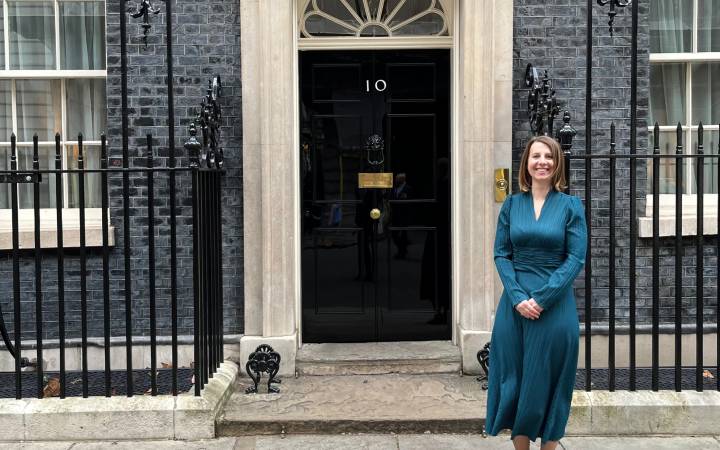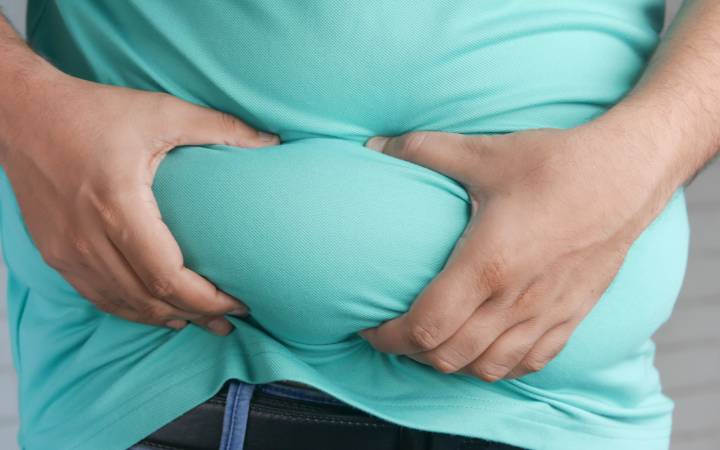Rising inequality, wages and the economic crisis
Posted Tuesday 15 January 2013
 Professor Engelbert Stockhammer of Kingston University's School of Economics, History and Politics comments on the way wealth inequality has contributed to the current global economic crisis as part of his current research, Rising Inequality as a Structural Cause of the Financial and Economic Crisis. Awarded by $141,000 by the New York based think tank, the Institute for New Economic Thinking (INET), Professor Stockhammer is investigating the macroeconomic imbalances that erupted during the present economic crisis, including the effects of rising inequality on GDP and the hypothesis that rising inequality in the US led to an increase in household debt.
Professor Engelbert Stockhammer of Kingston University's School of Economics, History and Politics comments on the way wealth inequality has contributed to the current global economic crisis as part of his current research, Rising Inequality as a Structural Cause of the Financial and Economic Crisis. Awarded by $141,000 by the New York based think tank, the Institute for New Economic Thinking (INET), Professor Stockhammer is investigating the macroeconomic imbalances that erupted during the present economic crisis, including the effects of rising inequality on GDP and the hypothesis that rising inequality in the US led to an increase in household debt.
"The rise in inequality has had several important effects," Engelbert explained." Poor households spend a greater proportion of their income than rich ones – and if their incomes stagnate, the poor may be forced into debt; the rich are more likely to speculate on the stock market. All these give rise to domestic imbalances, but there are also important international imbalances. In some countries, like Germany and China, rising inequality has resulted in export-oriented growth models that have contributed to rising trade deficits of other countries."
Professor Stockhammer and the Political Economy Research Group (PERG) are rapidly establishing Kingston University as one of the UK's leading centres for new and unorthodox economic analysis and recently contributed to a major funded project for the United Nations' International Labour Office (ILO). The Global Wage Report 2012/13: Wages and Equitable Growth, looks at differences in wages around the globe and how they have been influenced by the economic crisis. It is a key publication for the world's governments, employers' organizations and trade unions and focuses on the macroeconomic consequences of wages policy. "National income is composed of wages and salaries, and profits which include self-employed income," explained Professor Stockhammer. "The 'wage share' is the share of wages and salaries in National Income. It gives the share of the national pie accruing to labour." Find out more about the ILO project on the Political Economy Research Group (PERG) web pages.
Engelbert Stockhammer is a professor of economics at Kingston University. His main area of expertise is macroeconomics and has published numerous articles in international peer-reviewed journals including the Cambridge Journal of Economics, Structural Change and Economic Dynamics, and the Journal of Post Keynesian Economics. Stockhammer is the author of the 2004 book The Rise of Unemployment in Europe and A Modern Guide to Keynesian Economics and Economic Policies (with E. Hein) in 2011. Professor Stockhammer is a research associate at the Political Economy Research Institute at the University of Massachusetts at Amherst and a member of the coordination committee of the Research Network Macroeconomics and Macroeconomic Policy. He has worked with a number of non-governmental organisations concerned with economics and carried out research for the Austrian Chamber of Labour and the International Labour Organisation.
Contact us
- For non-student research enquiries, email the Research Support Office
- Research Support Office contacts
- Graduate Research School contacts
- Business and Enterprise Centre contacts
- How to get to Kingston University



